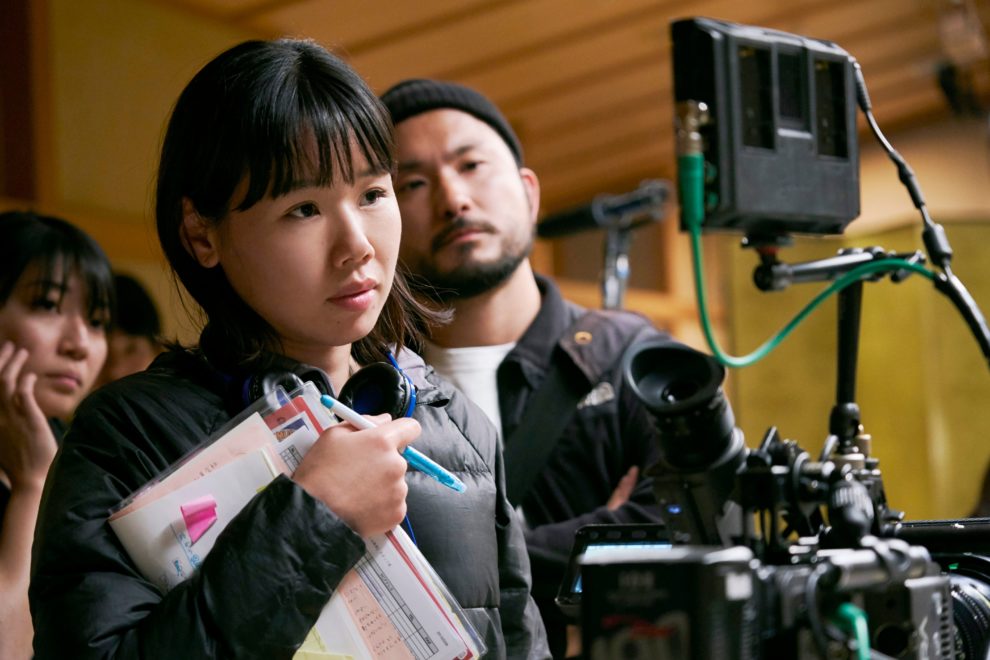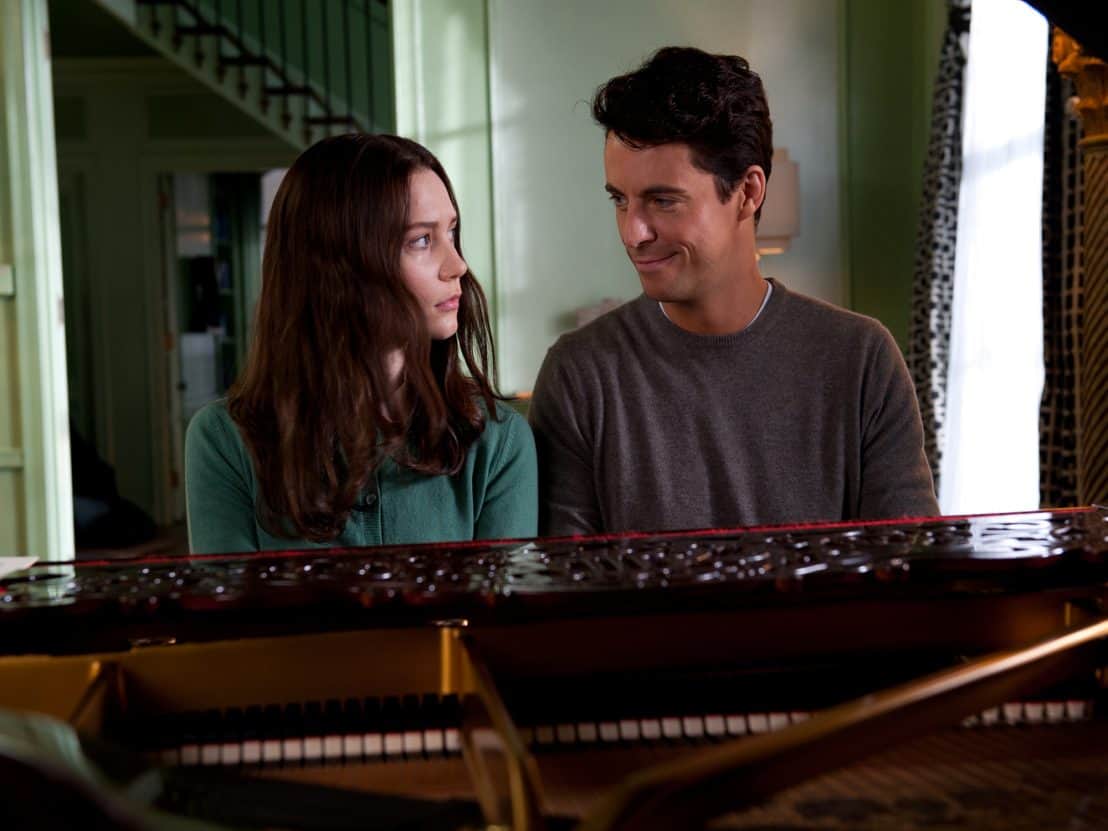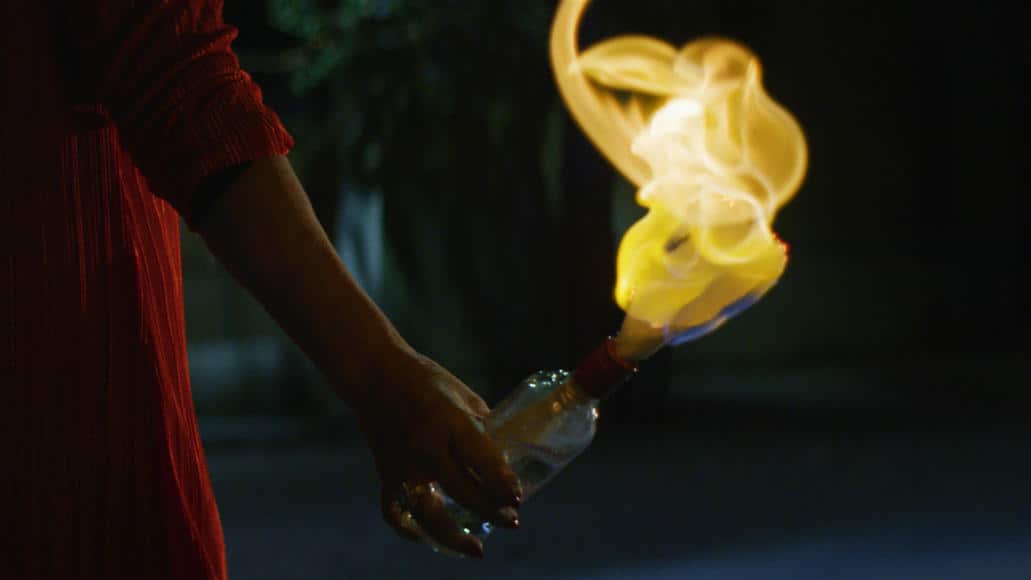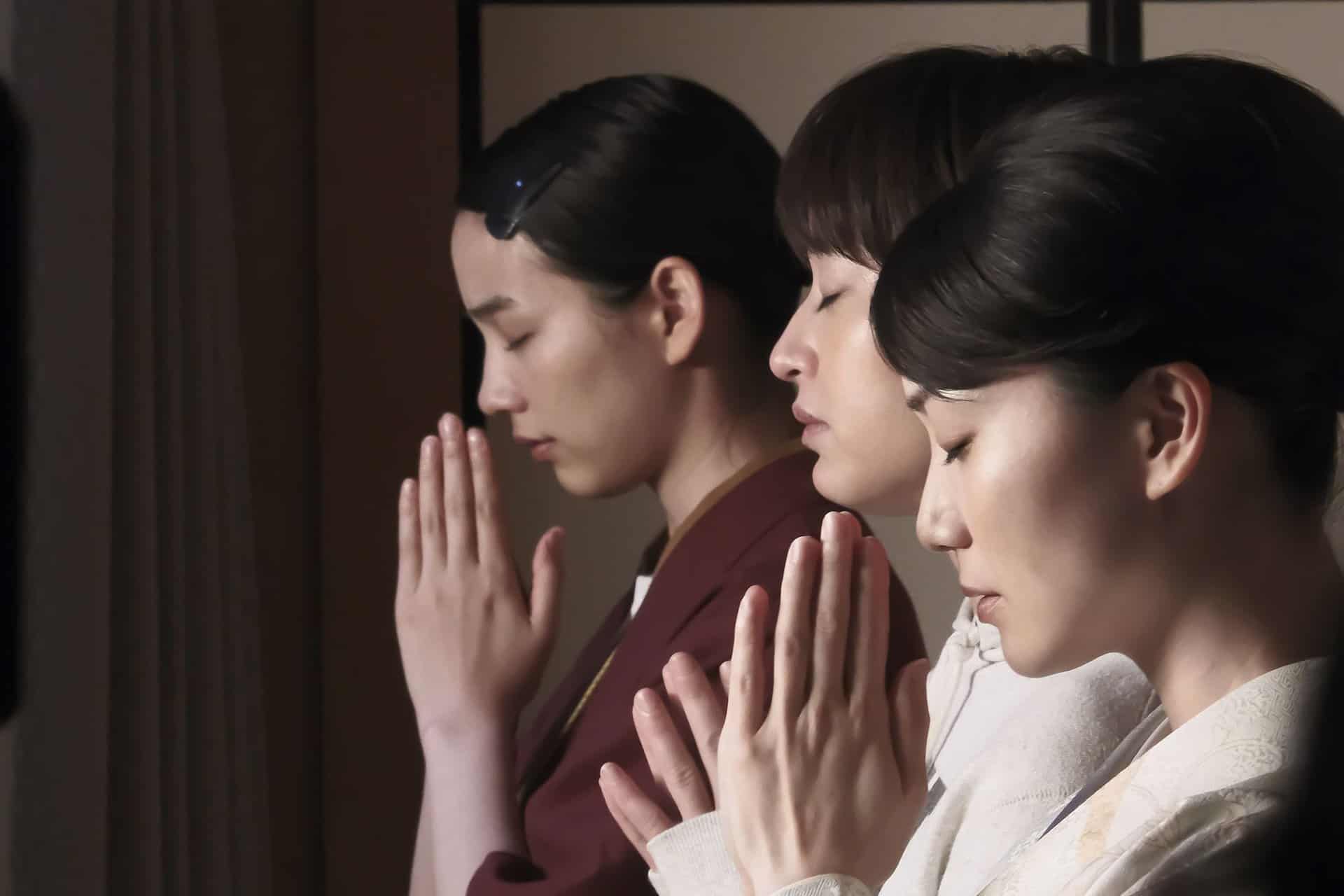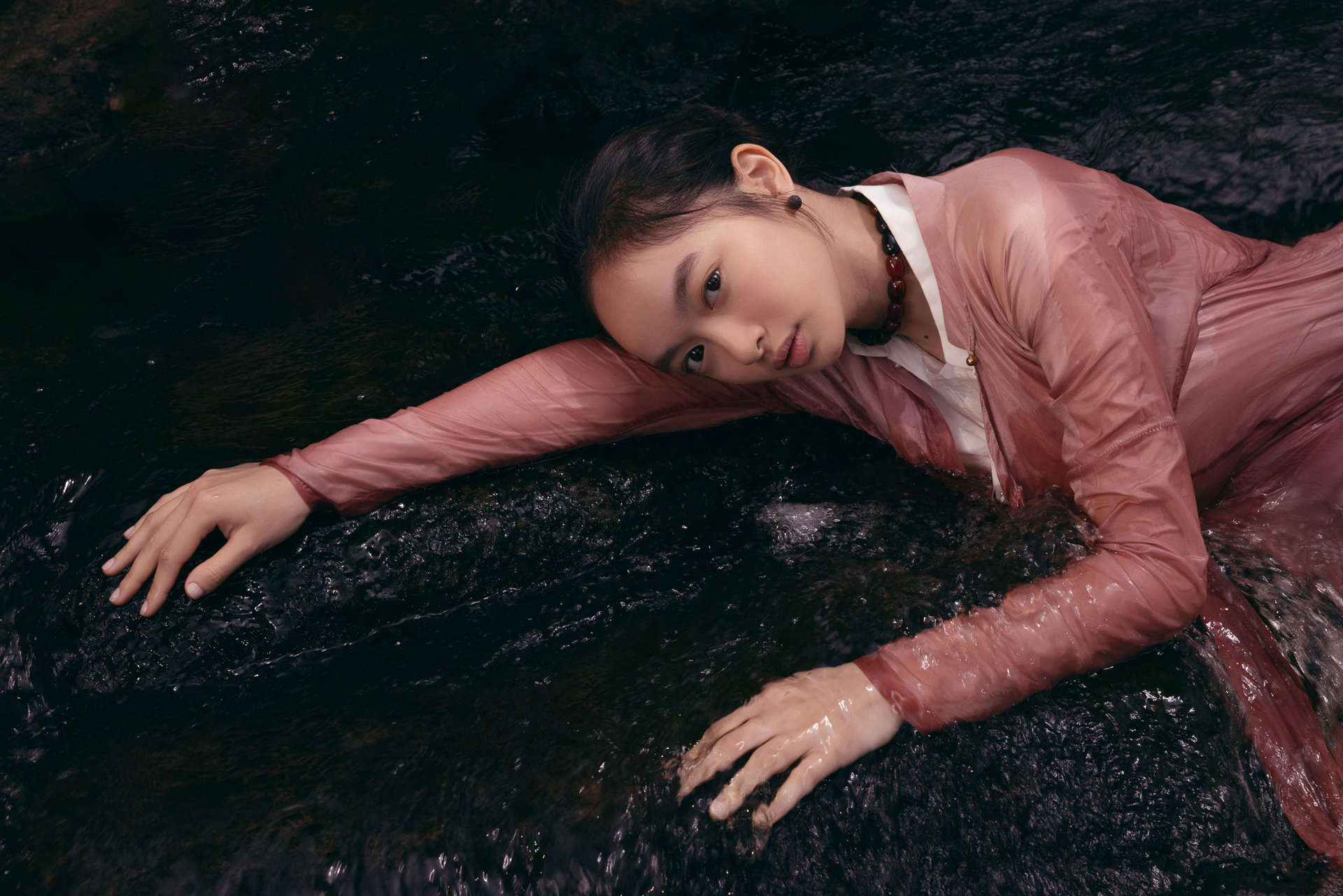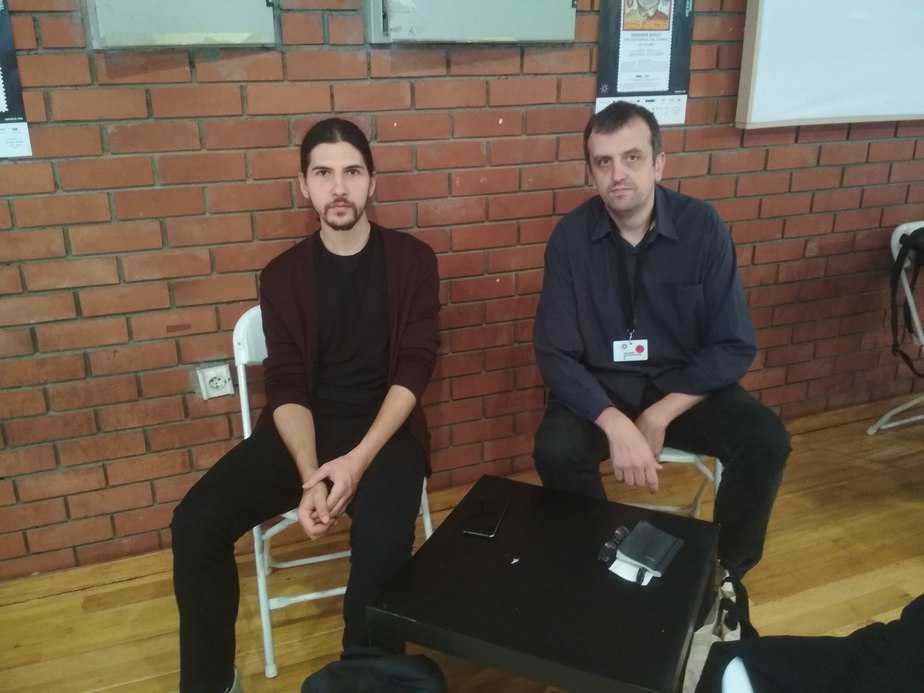There is much to say about Tokyo. A multi-layered metropolis with a futuristic flick; an urban tissue, moving bodies trying to catch the train in ever-busy Shinjuku station; skyscrapers as high as the solitude of protagonists lost in translation; a motionless mass of people wearing their masks in a post-Teshigahara dystopic vision of a surrealist waltz going live (think of the last scene of “The Face of Another”). Piling up her take on Tokyo is Yukiko Sode, the director of “Aristocrats”, with a subtle dive into the melodrama of high class and those below, in which Japanese capital becomes a scene for the bourgeois acts of self-indulgence and a trial for women's agency.
On the occasion of the International Film Festival Rotterdam, where the film premiered online in the Big Screen Competition, I was lucky to e-meet Sode for a short talk. We revisioned our first impressions and experiences of Tokyo and discussed encapsulating social strata and tackling the gaze of women in Japanese social media, as well as in Japanese Cinema. If Wizard of Oz were to be set in Tokyo, this would be its modern take, I dare to say.
The film opened up domestically and is being screened in Japan currently.
The interview was conducted and translated from Japanese by Lukasz Mankowski.

First of all, how are you these days?
I'm feeling well (laughs). Luckily, I've managed to avoid COVID so far.
I'm glad to hear that. “Aristocrats” is the first film that is based on a script you didn't write on your own. It is an adaptation of the novel ‘Ano ko wa kizoku' by Mariko Yamauchi. How did you come across that story?
Before ‘Ano ko wa kizoku' (2016) Mariko Yamauchi wrote a novel about a young girl born in a small town (‘It's Boring Here, Pick Me Up', 2012). The story, like many other Japanese contemporary tales, is set in a dull, small town, where nothing happens. I come from a town like this and so does Yamauchi, and our hometowns are very close to each other, hence there were many things that I could easily connect with. The intimate vibe of a small town really clicked. From that moment, Yamauchi became one of my favourite writers. At some point, I thought of making the next film and about the same time, Yamauchi released ‘Ano ko wa kizoku'. After reading it, I thought that either that or nothing. I needed to make a film out of it. I immediately asked Yamauchi what she thinks about it, and we had a connection.
What convinced you that it was it?
Since it was a story about a small-town girl trying to be big-in-Tokyo, I thought that there is something from me in it. I sympathised with her. When I left my hometown for Tokyo, I felt that an unknown world unfolded in front of me. At first, Tokyo seemed like a world that I couldn't access. There were certain groups of people that for some reason I was unable to become a part of. Realizing this was an interesting process. The centre of Japan is Tokyo. Here, we have different classes, such as the aristocrats. Not so many left of them. They have their own rules. They live their life in a way they separate themselves from the lower classes. It might not be that evident as in “Snowpiercer”, but I guess you might be able to find such class distinction in every country. This novel might be appealing for those who were born and raised in peripheral areas, but it may also work as a close-up into the upper classes. I thought such a hybrid might be interesting to show it as a film.
Has the book become popular in Japan?
It has become a bestseller. I've heard that due to our film's premiere, the sales jumped in figures as well.
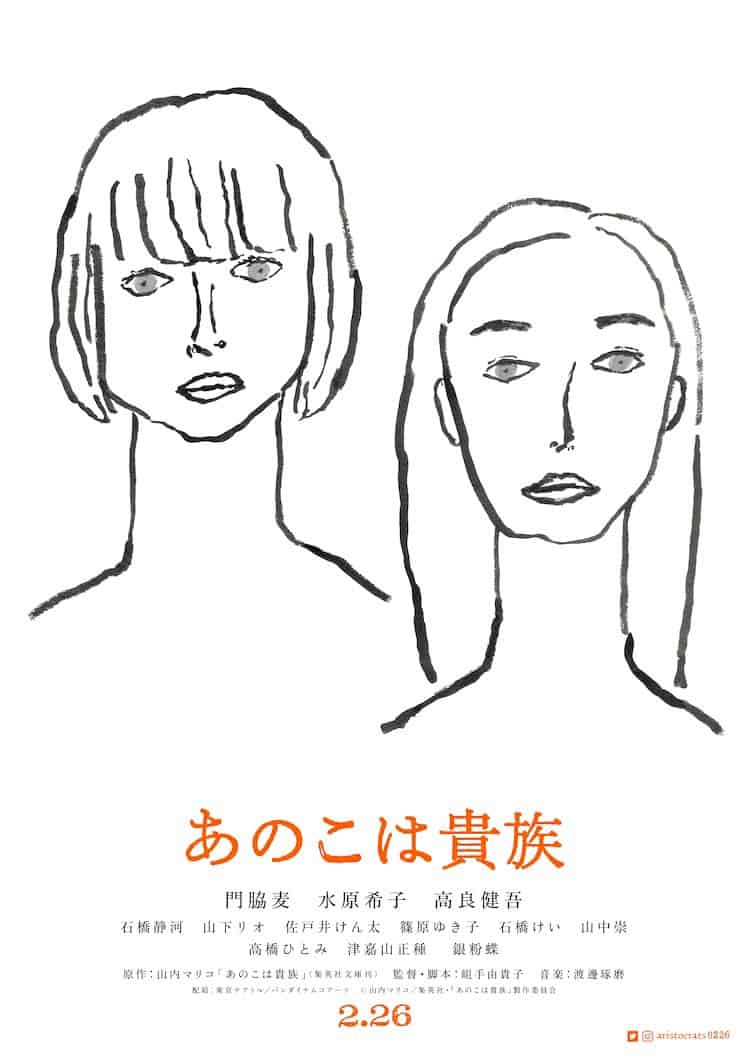
The title of both the book and film is a bit different than the English translation. ‘Ano ko wa kizoku' (‘That girl is noble') includes a social position and an aspect of speech or dialogue. What's the meaning of the original title for you?
We spent quite a lot of time discussing the title with Yamauchi. Strictly speaking, the real aristocrats are no longer there in Japan, although there are still people who cause anxiety and fear to others, who use the weaker ones. To capture that, we needed to address these people. People in Japan usually don't call them in any way, so Yamauchi thought that ‘kizoku' (noble/aristocrat) might be perfect. When she was writing the novel, her purpose was to reflect on the gender dynamics as well, especially through the image of men. If we take a look at Koichiro – for guys like him relationship is about women rooting for the success of men. It's all about women paying attention to their partners, cheering for them, fighting for them, learning for them. The type they want to marry, it's all pre-settled. The title addresses that type, that is to say, the woman who they'd like to marry, the one who is noble, willing to do all of that.
I had that kind of feeling when I lived next to a yakuza mansion in Ashiya, near Kobe. Similarly, I thought to myself: “they are the aristocrats.” There was a world hidden for me, one I couldn't access. That kind of world is also grasped in your film, but in Tokyo. But what is Tokyo really like for you?
Through this film, I'm re-interpreting my image of Tokyo over and over again. When I left for Tokyo to study at university at the age of 18, I had to gradually get used to it first. Even though I didn't belong there, I thought I started to understand the city flow. However, at some point, when I tried to look at my scope of activity from the outside, I felt that there was something that didn't fit the whole picture. I felt being out-of-place, I was put under pressure that I shouldn't be there.
I guess Tokyo is a city where people with similar income bubble themselves up in a verticality of relations. It is determined through one's income or work area: salarymen bubble up with other salarymen, artists with artists. On top of that, there is an absolutely inaccessible world, with people you can't get to know, shops you can't afford to visit. A world with a completely different language. And you can't do anything about it, although it is perhaps something common for other countries. I knew from the start, that this other world actually exists, but it was only after reading Yamauchi's novel, I realised why I can't access it. It's like a vague separation.
Generally speaking, such an image of the upper class is rather absent in Japanese Cinema.
That's true. Ironically, this image is masterfully depicted in Korean Cinema and the Japanese are well aware of it. As for the Japanese films dealing with the upper class, they are simply awful. With that being said, I think there are many different reasons for that. Most of the filmmakers are actually poor. (laughs) Making films is not necessarily the best way to earn money, so I guess someone who's born into an upper-class family might not want to pursue this path. And vice versa, those who decide to become filmmakers, might not know the world of rich people that well.
The aristocrats appearing in my film and the rich people in Japan have the money running in their lineage for generations, this is the ‘old money'. They don't show off with their way of life nor wealth. That's why we can't peek at them on social media. Their existence is well hidden. It's also generational. But, there is also a new wave of people who suddenly managed to become rich, the ‘new money', mainly in the IT business. But I guess the nouveau rich is way different image-wise. The world of the rich in Japan is very narrow and limited. The way I see it is perhaps connected with the image of the rich from American films. These people tend to help society by pulling the right strings, doing charity, helping out the poor ones. They care for their image, trying to appeal to public opinion. You can't find any of it in Japan. The rich in Japan are limited to their horizon. It's a small and narrow-minded world, full of secrets blooming in their hidden houses.
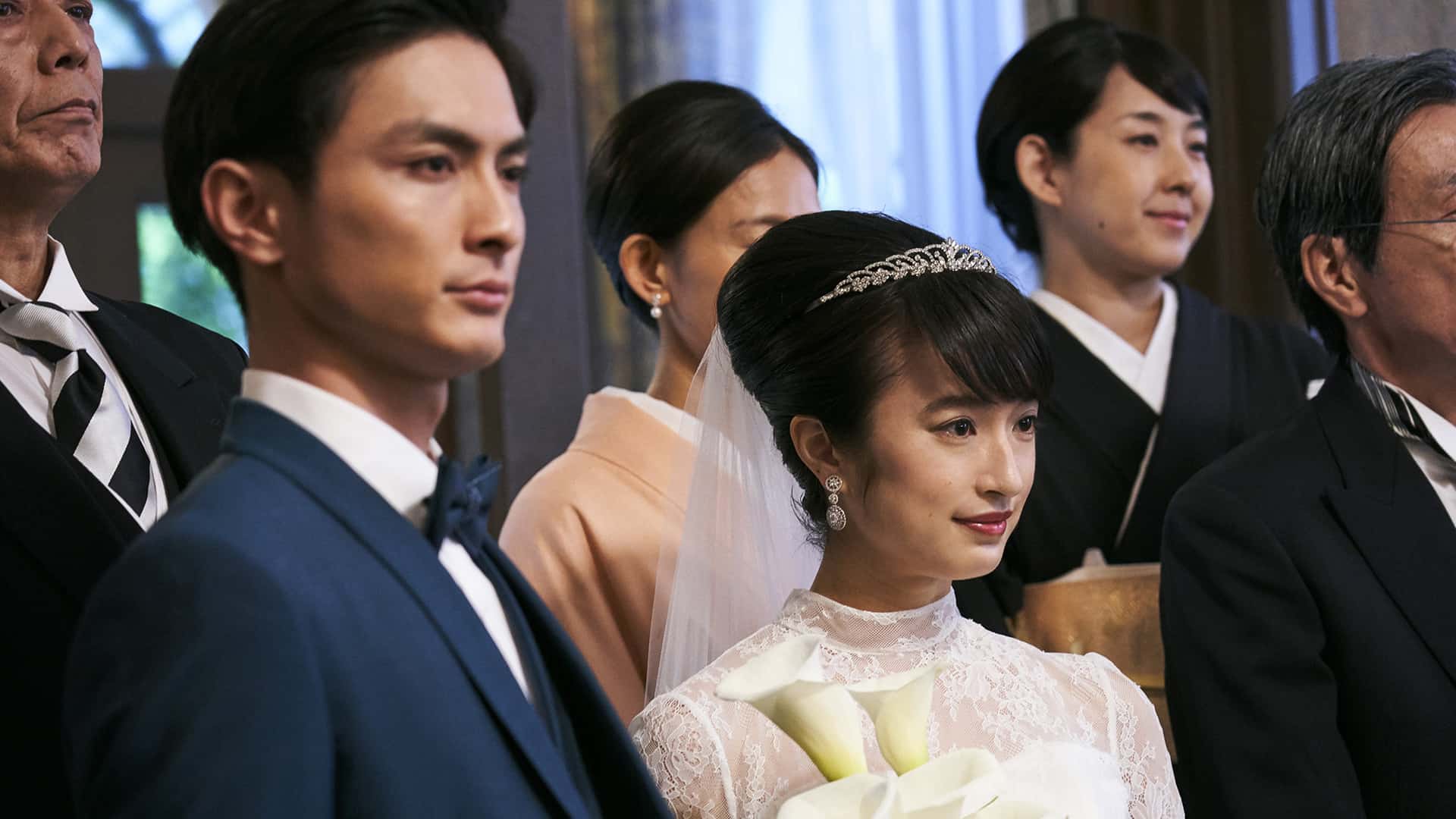
I also think that what you bring with your film is the aspect of women's agency. It's not a romanticized depiction of patriarchal subordination we know from the films of Ozu, but a tale of finding one's identity through the independence of will and action (shutaisei). Do you think that Japanese women have currently the power to change their position in society?
Young women in Japan are currently in a position where it doesn't matter for them how much money they earn, but rather how they can have a different life than their parents. It's not about safety or wealth. It's about the ability to change something in one's life, about having control over one's course. That's what separates Japanese young women from the old society. The separation is not based on position or class anymore.
As for the agency – I think that currently, Japanese women have a huge influence on society. Their drive to take action is big. For instance, we can see it in the environmental movements – and that applies even to women coming from wealthy families. Many influencers raise their voice in social media to raise awareness, not just to reveal their background or way of life. They have plenty of followers so their ability to have an impact on society is high. They can channel their thoughts and ideas, and it's effective. Kiko Mizuhara (who played Miki in “Aristocrats”) does it on regular basis. She's involved in charities, the environmental movement, being very devoted to the cause. And there are more women like her. It doesn't really matter whether you're rich or career-driven, but coming from the rural areas – what's important is the awareness that you have and what you can do about it.
I've noticed that many modern Japanese films, including yours, revolve around stories about arasa – women in their 30s – with a distinctive touch of feminism. What do you think has prompted such a turn in Japanese Cinema?
Well, it might be connected with feminism arising in Japan, but I think it also comes with the social image of arasa and women who didn't get married in general. They are often considered as those who didn't succeed in life, whose plan didn't work out. A failure – to say it bluntly – who people tend to laugh at. Me and other women filmmakers, we don't live by the ruler, we have many pent-up feelings we want to show. And we want to reflect it through our work.
“Aristocrats” revolves around two women involved in a relationship with the same man. When they finally meet, I thought they could fight with each other. It was the scene I put the most effort to make. But that would be something that is anticipated. This is how people generally think. I guess there's an image in the world that women compete with each other for marriage. When people see someone in despair, someone who's not able to marry anyone, then there is a need of seeing someone in harmony, someone happy. Instead, I wanted to reverse that.
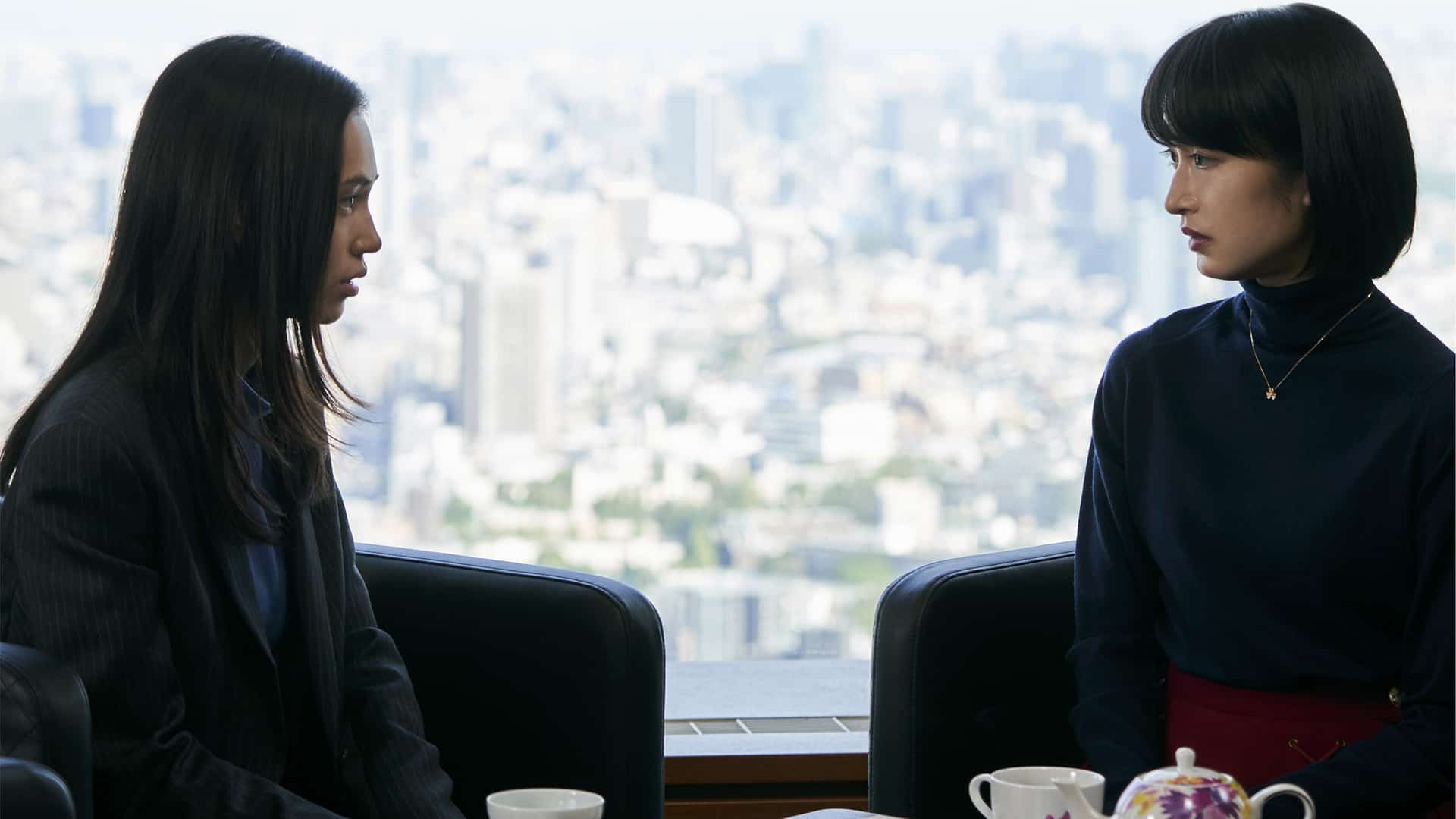
There is a follow-up to the “Wizard of Oz” in one of the dialogues between Hanako and Koichiro. How did you come up with that?
I actually didn't write it in the script. It came up in my mind shortly before the shooting of this scene. I thought it would fit and asked Mugi Kadowaki (Hanako) to mention it. Although I didn't plan it, I believe it became an important line. When I thought about Hanako, I was wondering what kind of films she might like and I guess the amount that “Wizard of Oz” became a fit. In a way, the motive from the film became a cinematic device for me. It's like a meta-film element. Because when Hanako gets back home, she's different. She's having this little moment of change, because this is the first time that her date ends up well. Mugi Kadowaki also likes “Wizard of Oz”, so when I suddenly asked her to change the dialogue, she knew what I had in mind. She said it fits her character, so we decided to leave it in the film.
Since many of the reviews or articles address you as a new voice in Japanese Cinema, a young-promising-filmmaker, do you feel any pressure regarding this?
I don't feel any pressure. But maybe too little pressure isn't a good thing either, so perhaps there is a little urge to write a new script. (laughs) It's not like I must deliver another piece that would be accepted for another international film festival, there's none of that pressure. I'd like to begin a new project in a healthy way, keep it cool.


